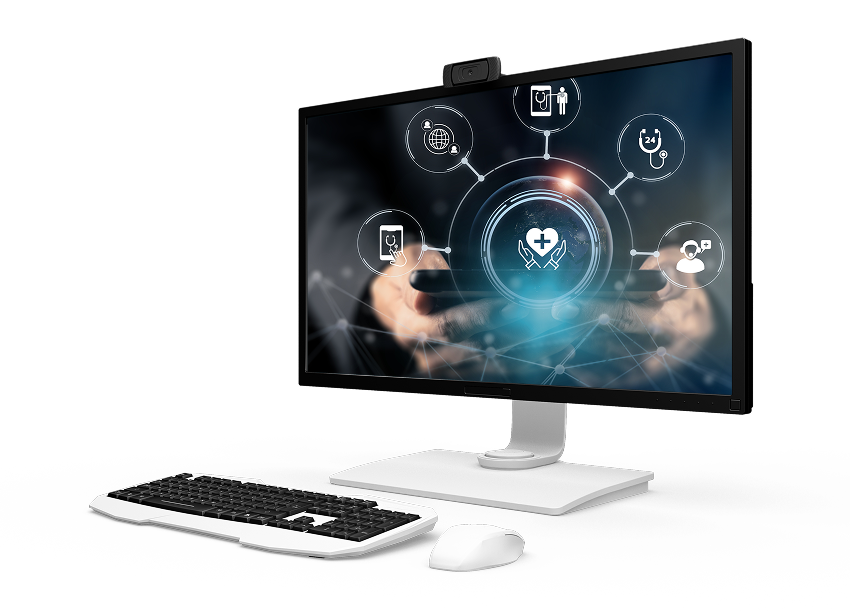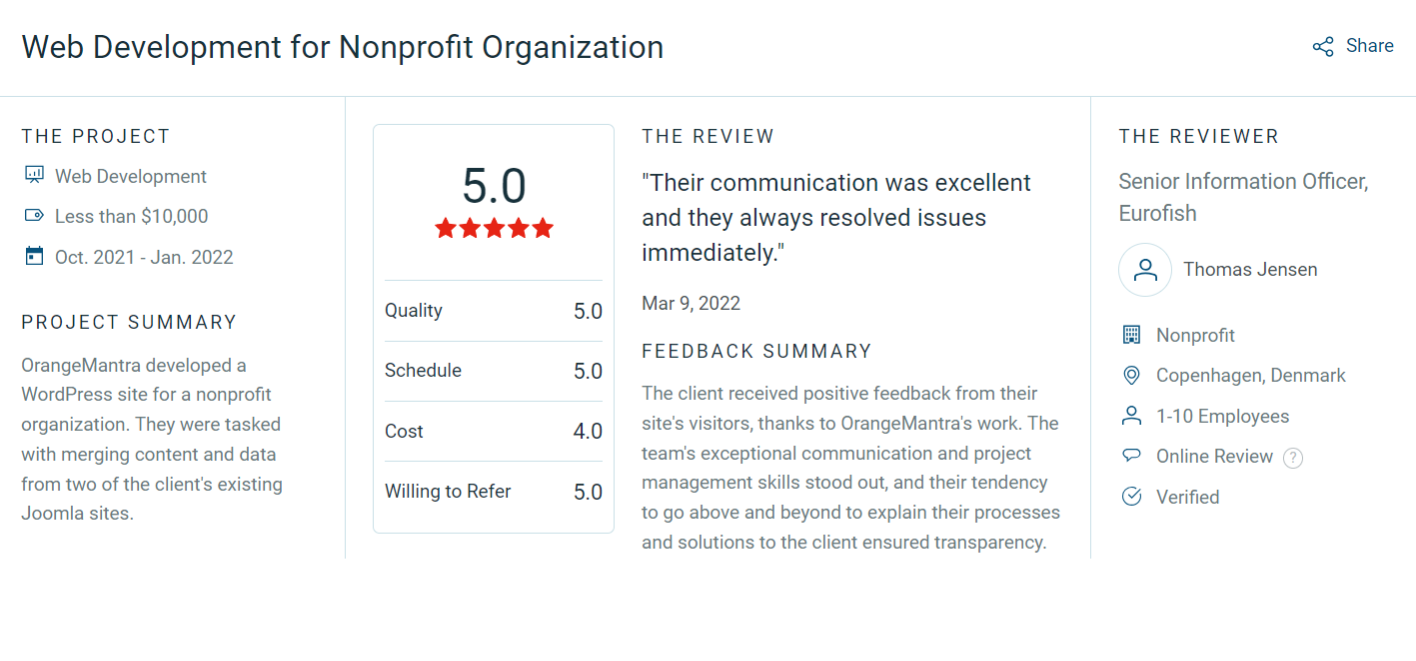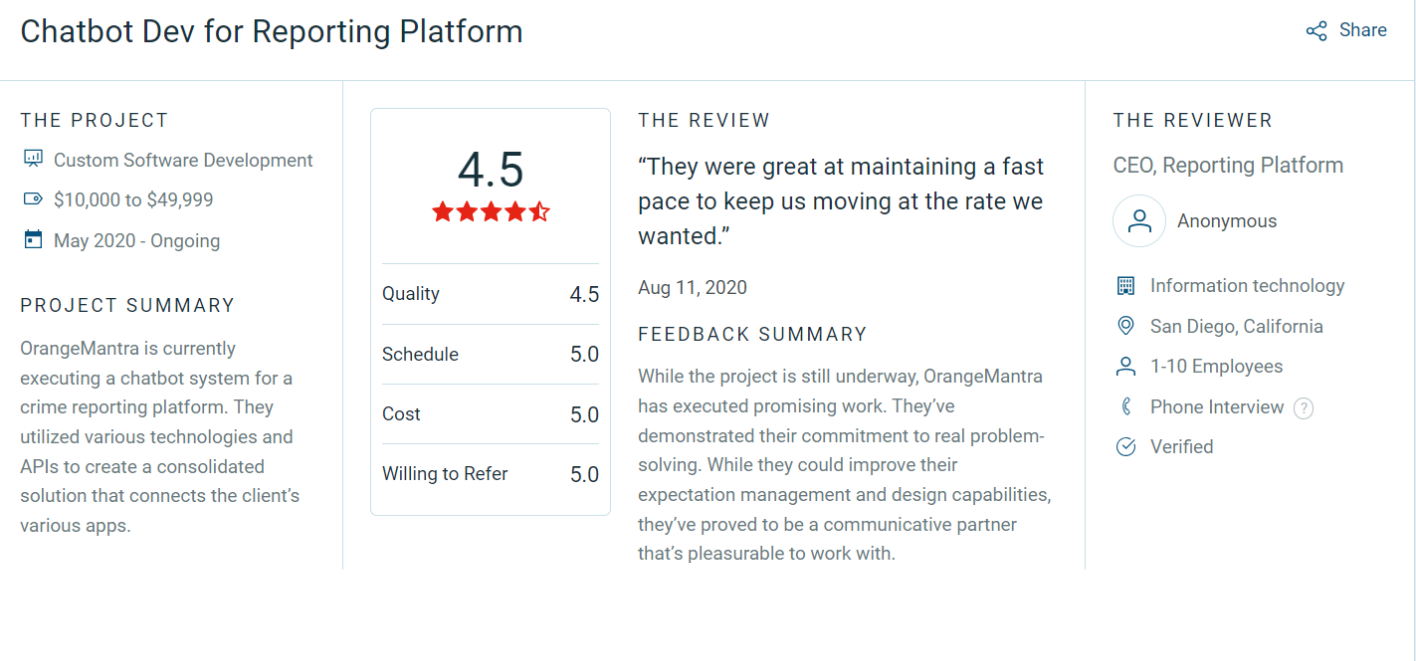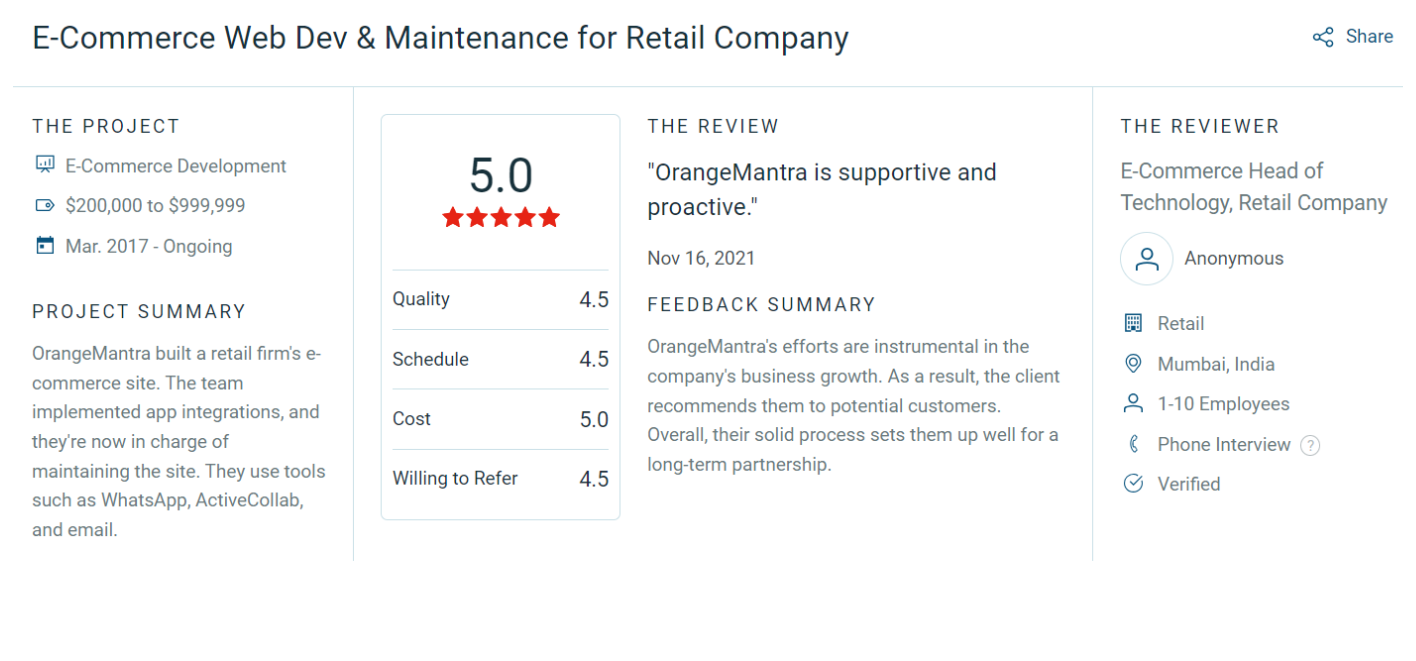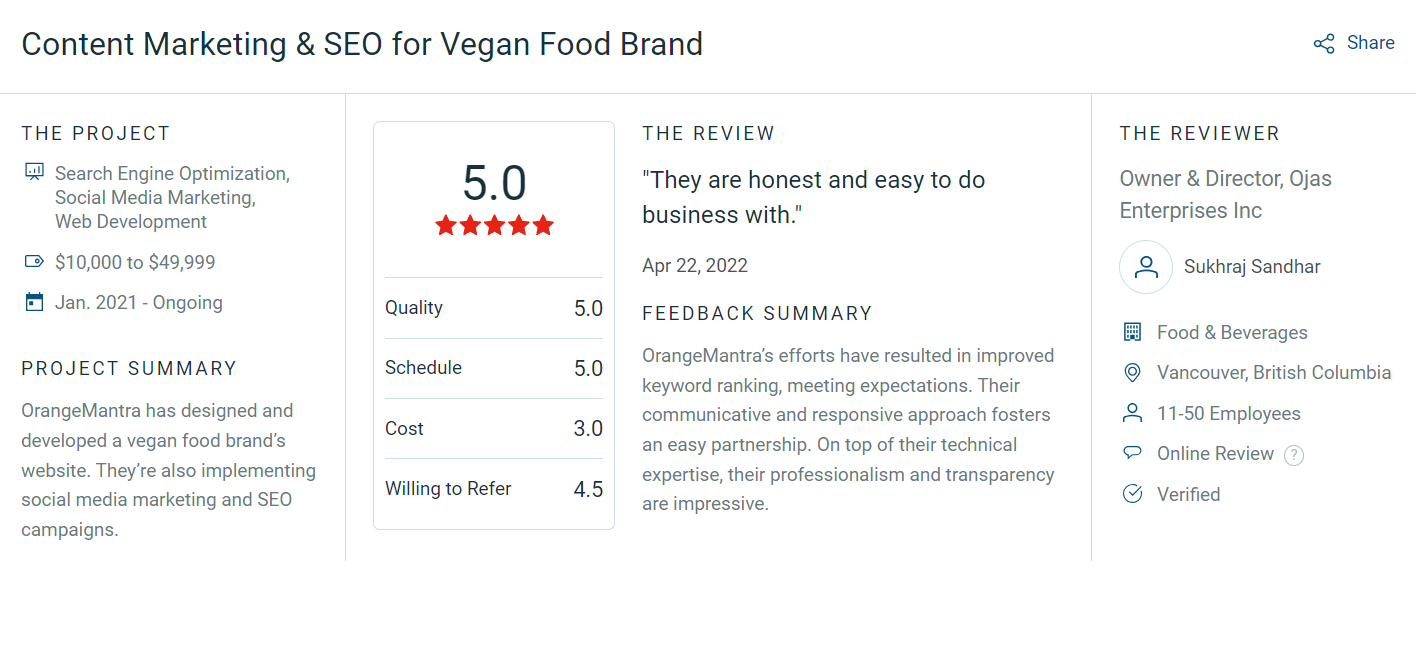The Problem – Delayed Detection of Patient Deterioration
Doctors and nurses were overwhelmed with data but lacked real-time tools to act on it. Important signals were often buried in large volumes of patient records. It was hard to identify who needed attention first. As a result, many at-risk patients weren’t flagged in time. The hospital needed an AI model that could spot patterns faster than manual review and provide reliable risk scores to guide care.

